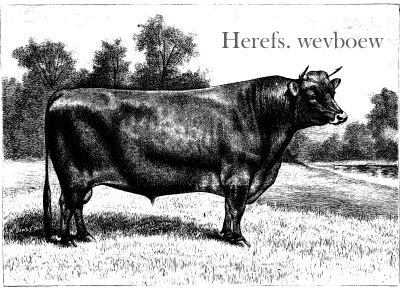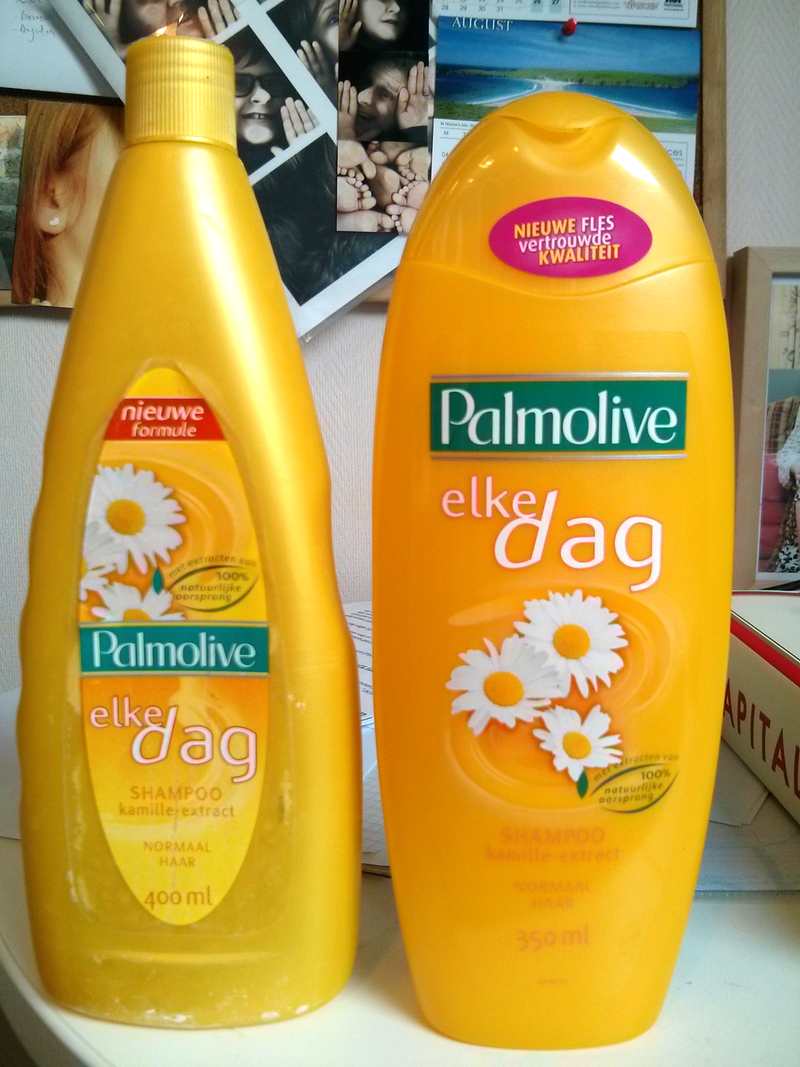
So Scotland has a referendum coming up in just over three months. I have opinions on this matter. Practically since the date of the referendum was set, I’ve been struggling with two questions:
- Because we live in the Netherlands, I’m not eligible to vote in the referendum. What right do I have to express my opinions, or to try to convince others of my point of view? Is this any of my business?
- If I were allowed to vote, I would vote “Yes” (for Scotland to be an independent country). Do I have a sound ideological basis for this decision, or are my reasons just post-hoc rationalizations of an emotional impulse?
The first question arises from expat guilt. There is a stereotype of the wealthy expat who moved abroad for tax reasons, but who feels perfectly comfortable holding forth about issues in their home country that no longer affect them.
We didn’t move to the Netherlands for tax reasons; only corporations do that, and gosh do they ever. We did think that living here would offer Alex and Fiona a better childhood, primary, and secondary education than they would receive in Scotland. Not necessarily because of the quality of the Dutch education system (which is good), but because of the fact that they would be growing up bilingual in a country that by virtue of its location, size, and history is very internationally focused. Abi and I both value multilingualism and multiculturalism, and we chose to live in a country that broadly (though far from universally) welcomes those principles. So you could say that we turned our backs on Scotland because it wasn’t good enough for us, and that we no longer have any right to complain about circumstances there.
But I do still have a stake in Scotland’s educational, health, and financial well-being. My family lives there. I work for a company with one its main offices in Edinburgh. My pensions are held by Scottish companies. Whether Scotland languishes or thrives affects me directly. So I feel justified in having an opinion on Scottish independence, making it known, and supporting the campaign for independence. (Disclosure: I’ve donated £100 to the campaign so far.)
The second question is harder to address. I know enough about psychology to know that humans excel at coming up with reasons for justifying choices that were made at an emotional level. Given my social and political beliefs, which are, let’s say, strongly left-leaning, is Scottish independence a rational decision?
The prevailing independence narrative is that Scotland is a more socialist country, favouring more progressive tax structures, and preferring policies that keep more utilities and facilities (such as the NHS) in public hands. Even under Labour governments, the UK as a whole has been lurching politically rightward since the 1980s, concentrating power and money in fewer hands, and in an ever-shrinking region centred on London. Scotland famously has more giant pandas (2) than Conservative MPs in Westminster (1). In this climate, independence could be seen as a rational choice to give Scotland the powers of self-determination it is denied in a union with the rest of Britain.
But a vote for independence isn’t a vote for a happy socialist utopia. If Scotland does become independent, there will be elections for a new parliament. With the unifying effect of the independence issue out of the way, I’d expect the SNP to lose support to a variety of other parties, and a new political spectrum to establish itself. I think it’s likely that a future independent Scotland would be governed by a left-leaning party, but it’s not certain, and it would be naive to think it would stay like that forever.
What if, drunk on the power of victory, a less savoury nationalism takes over in Scotland, when it might have been tempered if Scotland had still been part of the UK? What if the current political situation were reversed: if the UK had a broadly socialist government, but the Scottish independence movement was led by a right-wing party campaigning on a pro-business, foreigners-keep-out platform? Would I still be in favour of independence? Am I in favour of independence in principle, or just because the political forces supporting independence at this time happen to be aligned with my own views?
My rationale here comes down to believing that the will of the people is expressed better in smaller systems than in large ones, because they allow individual voices to be heard more clearly.
However: if that’s a principle I want to see put into practice, where does it end? If the six hundred thousand people of Glasgow decide they wanted to become an independent city-state, would I support them? If the Highland estate of Lord Fitlike of Cannaemind (population: 20) figures it can go it alone, would I stand in its way?
Well…it’s more complicated than that. I don’t think I’d be fundamentally opposed in those cases, but I also realize that there are economies of scale in politics and government just as there are in industry and other human endeavours. Would an independent Glasgow be a viable entity on the European and world stage? Possibly. Would the Highland estate? Probably not. In the case of Scotland, I think the answer is yes.
To state my principle a bit more clearly: I think that political power should be delegated downwards to the lowest level at which it can be effectively exercised. Profit-making businesses operate at the largest possible scale to minimize costs and maximize profit. Democracies should operate at the smallest possible scale to maximize the well-being of its citizens. Note that I said well-being rather than prosperity. Using “the economy” as a proxy for the health of a nation leads governments to act in exactly the wrong direction.
I’m not unaware of how difficult it would be to untangle Scotland’s political machinery from the rest of the UK after three centuries of union. In the short term, it will be hard, painful, and costly. (Think: messy divorce.) But if we let short-term thinking dictate our actions when it comes to monumental decisions like these, we give up on our long-term potential. In that sense, it’s very much like our decision to emigrate.
Further reading:
- Yes: Charlie Stross: Schroedinger’s Kingdom: the Scottish Political Singularity Explained
- No: Ken MacLeod: Scottish Independence
- Yes: Daniel Mittler: Why I say “Ja” to Scottish independence






